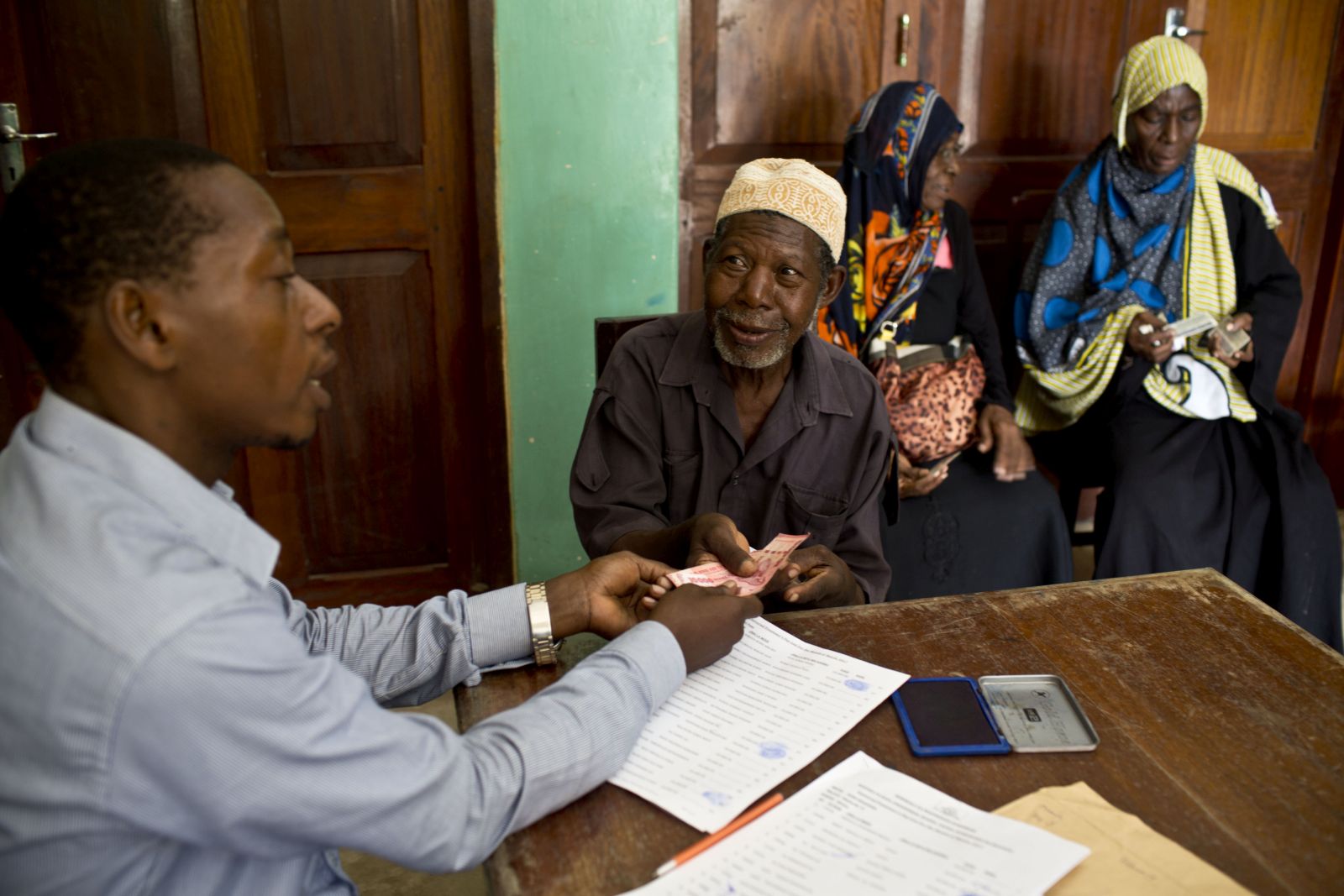Letter to the editor
Investment is key to decent-work agenda
Regarding Ndongo Samba Sylla: Why the western model doesn’t work, D+C/E+Z e-Paper 2017/10, p. 24
In his first paragraph, Ndongo Samba Sylla calls for a change of the development paradigm and raises the reader’s expectation towards a paradigm that is feasible, realistic, economic and politically sensible. He observes correctly that Africa’s labour force to a large extent is engaged in informal settings and that most agricultural work is done on family farms in rural areas – largely by women. Agricultural jobs in peri-urban or plantation settings, which of course also exist, find no mention. The author then turns to non-agricultural jobs defined as largely informal, also in self-employed arrangements because of lack of tax registration and social protection. While he mentions that productivity in agriculture is low, leading to continued poverty, he does not attempt to provide explanations for low productivity.
This somewhat crude descriptive introduction is followed by the author’s analysis of the causes of economic problems. Not unexpectedly, given the author’s institutional affiliation, the culprits are the usual suspects: The World Bank and the International Monetary Fund. I take issue with this simplification, not least since Africa experienced a period of significant economic growth, which was attributable not only to higher commodity prices, but also to the fact that a destructive trend of ill- managed parastatal industries and services draining many nations was stopped or at least limited.
To give just one example: in the early 1990s, the Tanzanian government analysed its 27 regional rural cooperatives, finding that all of them had negative worth, despite huge (often donor-funded) fleets of vehicles, warehouses filled with crop and substantial outstanding assets from farmers because of “unpaid” input deliveries. For reasons like this, many African economies were in free fall with unsustainable debt burdens, inefficiencies in all sectors and bloated government sectors. While hardly flawless, the structural-adjustment programmes initiated by several governments with the support of the IMF and the World Bank contributed to reducing these problems.
Out of nowhere, the author claims that Africa cannot copy the western development model, without defining the model. The West did not get wealthy by increasing farm size, as the author implies. Introducing an alternative agenda, Sylla substitutes facts with fiction. His first assertion is that development must build on small family farms, despite the fact that many of these farms are not profitable. His statement that agriculture is the most neglected sector by governments and international development partners can easily be dismissed by checking a few numbers.
His second assertion that economic diversification is critical for most African countries fails to provide a hint on how to reach it – other than the rather vintage recipe of local processing of primary products. He does not mention any of the preconditions for economic diversification, such as investments. And for investments to occur, a business-friendly environment needs to be in place, consistent with IMF and World Bank recommendations. A better investment climate requires the political will to embark on major reforms to boost inter-African trade, cut red tape and make labour laws more flexible.
The author calls for more solidarity, not competition. The sad fact is that most of Africa is cordoned off from competition. If there was a free market, not only for goods but also for capital and labour, investors would flock to Africa. Sylla’s definition of solidarity remains unclear: perhaps more transfers into economically unviable enterprises? His other suggestion, permitting more emigration from Africa, can hardly be an act of solidarity given that most of those who emigrate are disproportionally better-educated, physically fit and mobile – exactly the people who could build a better future for Africa in their own countries, if they were finding opportunities.
Reinhard Woytek is programme director for SADC Transboundary Use and Protection of Natural Resources. He is expressing his personal views in this letter.












